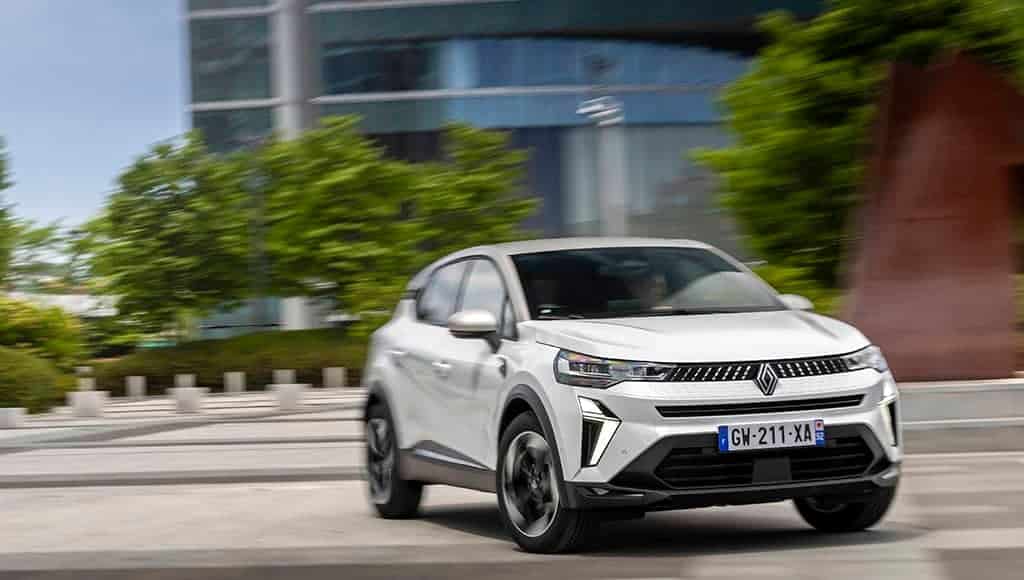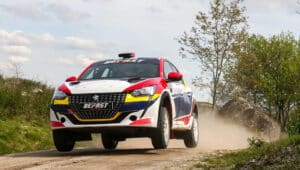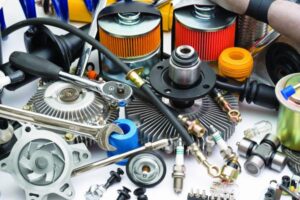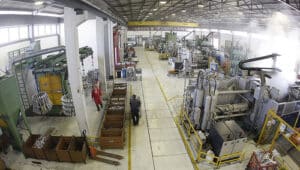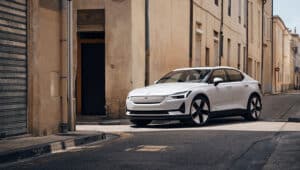The hybrid Captur is a car that suits today’s fundamental need to lower average CO2 emissions levels, but without compromises. A car that just makes sense.
Well, that was a surprise. Actually no, it wasn’t. I almost predicted it in my Resident Awards text at the end of 2024, saying the new Renault 5 electric was the coolest electric car of the year – even though I had not driven it.
It seems those who have driven it liked it quite a lot and so duly awarded it the Car of The Year distinction, the most prestigious award of the industry in Europe. Renault also won in 2024 with the new Scenic, so I guess they are on a roll at the moment, amidst the so-called transition to sustainable mobility, whatever that actually means.
Last week, I drove the new Captur E-Tech Full Hybrid 145 which, though not a winner of Car of The Year award, is still quite an important staple in the French constructors’ strategy, as B-SUVs are all the rage right now. As smaller-sized hatchbacks fall into oblivion, small SUVs have replaced them as most urban dwellers’ weapon of choice.
Anyway, this part of the market is so competitive any model that wants to succeed must have something going for it.

In the Captur’s case is value for money. Slightly cheaper than most rivals, there is no obvious reason for it – the Captur offers a lot of bang for buck, is well built and looks absolutely up to date, in line with current trends. It’s just priced very attractively, with prices starting at €24,000 for both the entry-level petrol model and petrol/LPG version, both with a manual transmission and 90/100 horsepower, respectively.
Since Gilles Vidal took over Renault’s design department, he has implemented a steady aesthetic evolution which has brought the cars an undeniable upmarket feel. The bigger lozenge with the chrome looks premium. Why? Excellent question. I don’t know either. I am guessing it’s our perception of things and the way designers play with our minds. That should not be underestimated, plus a little bit of magic never hurt anyone. I say good work, Mr. Vidal.
The Captur E-Tech Full Hybrid uses the tried-and-tested 1.6 petrol engine that has served Renault so well. Combined with the electric motor, a 24bhp starter-generator and a 1.2kWh traction battery, it’s good for 145 hp.
Since there is no plug-in feature, electric range is managed by the car at all times and well managed, I have to say, making the hybrid Captur very efficient around town, where its electric capabilities do shine brighter. Start/stop traffic is easily dealt with, and real-world fuel consumption stands at around 5l/100km, a number that, like I mentioned a few times, poses the question: does anyone actually need an electric car?
Because let’s be objective, when you take the Captur onto the open road and start piling up the kilometres, you do it in a carefree manner. No worries about range or where to recharge. Yes, when more is asked of the petrol engine, you can see another 1.5l/100km as your average, but 6.5l is still a very good result, and the fact you do not have to make any compromises is, in my opinion, really rather important.

I drove the top-of-the-range Esprit Alpine version, the sportiest iteration of the current Captur line, with a sprinkle of magic from sister brand Alpine. It gets Alpine badging throughout, bigger wheels with blue and French flag details inside and out. I liked the look of aluminium sports pedals. The seats, heated and electrically adjustable, are really quite good and made from 75% recycled fabric upholstery. And get this: there is no chrome or leather even as an option, in line with Renault’s sustainable approach.
This mid-life refresh of the second generation Captur gets a lot of things right. Generally, it is a more complete product than the car it replaces and a more visually appealing one too. The Esprit Alpine starts at €33,500 and offers a lot of what people want these days – and by that, I mean all kinds of driving modes and technology systems, be it for information, entertainment or safety – for less money than many rivals.
It drives well, efficiency is a strong selling point and, like all Renaults, it majors on comfort and daily usability. Renault is betting strong on pure EVs with the new 5, the new 4 and the upcoming Twingo (someone is feeling nostalgic I guess), but a hybrid still makes a lot more sense at this moment in time and this Captur demonstrates it with ease.
The car industry is in a bit of a disarray right now, but cars like the Captur and the decisions behind it are certainly not to blame. This is a car easy to understand and easier to live with. This is a good one.

